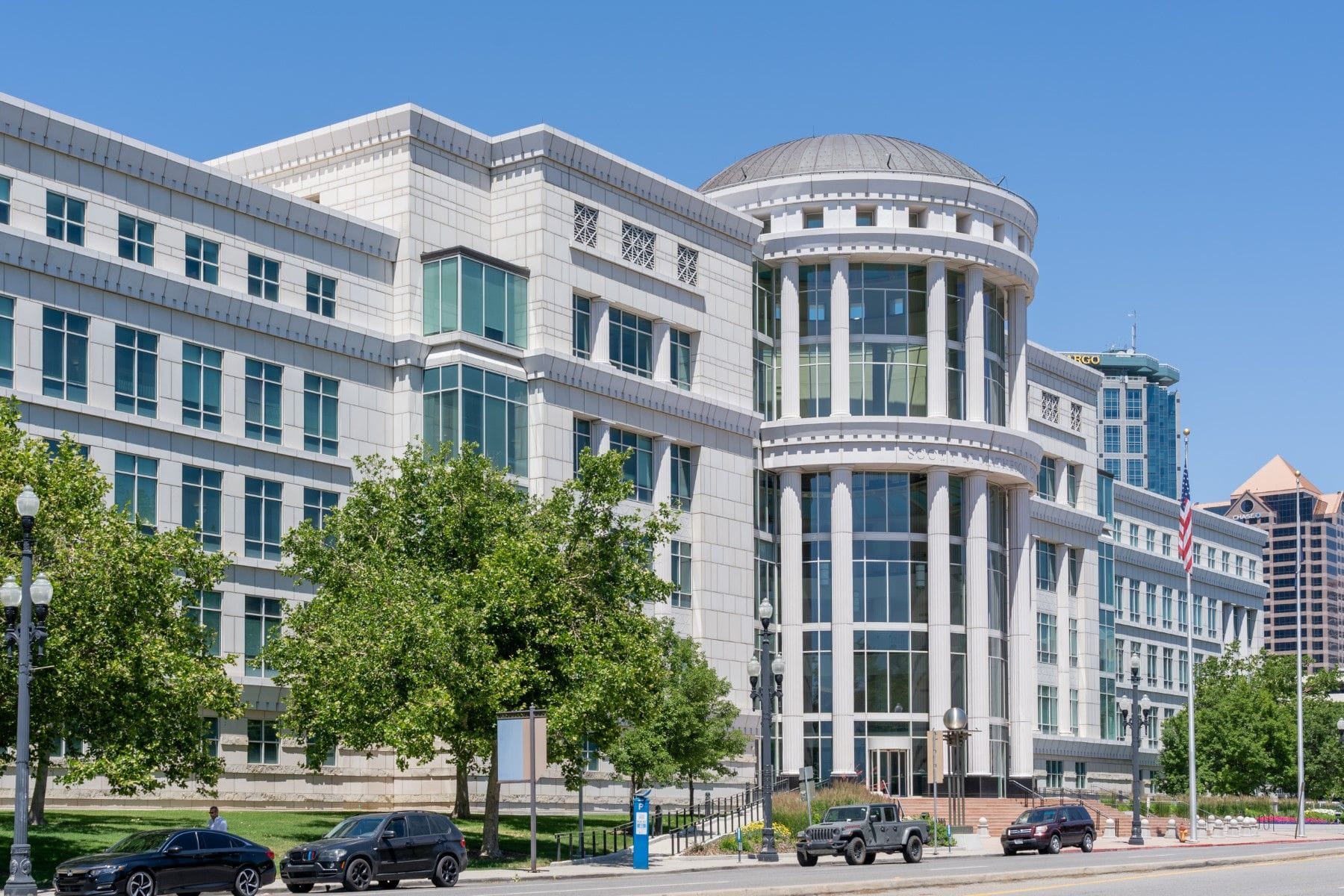Utah Expert Witness Disclosure Requirements
Utah's expert witness disclosure rules emphasize timely and detailed disclosures to ensure fairness in litigation, with penalties for non-compliance.
Updated on
In this article
When Are Expert Witness Disclosures Required in Utah?
In Utah, the rules governing expert witness disclosures are primarily outlined in the Utah Rules of Civil Procedure. Specifically, Rule 26 provides guidance on the timing and requirements for disclosure of expert witnesses. According to Rule 26(a)(4), parties must disclose expert witnesses they intend to call at trial. The initial disclosure deadline is typically set in the court’s scheduling order, which is issued early in the litigation process. This often occurs after the completion of preliminary discovery and before the close of fact discovery.
Furthermore, Rule 26(a)(4)(C) mandates that expert witness disclosures must be made at least 28 days before the trial date. However, the court may specify different deadlines depending on the complexity and nature of the case. Supplemental disclosures, as per Rule 26(e), must be made in a timely manner if a party learns that their previous disclosure was incomplete or incorrect. This ensures that all parties have adequate time to prepare for trial with the most accurate information available.
Information That Must Be Included in the Disclosure
The Utah Rules of Civil Procedure require comprehensive information to be included in expert witness disclosures. Rule 26(a)(4)(A) specifies that disclosures must include:
- Expert Qualifications: A detailed account of the expert's qualifications, including their education, training, and experience relevant to the subject matter of the testimony.
- Expert Opinions and Bases: A clear statement of all opinions the expert will express, along with the basis and reasons for each opinion. This involves a thorough explanation of the methodology and principles applied.
- Data Considered: A list of all data or other information the expert considered in forming their opinions.
- Fee Structures: A statement of the compensation to be paid for the expert’s study and testimony.
- Prior Testimony: A list of any other cases in which the expert has testified as an expert witness at trial or by deposition in the preceding four years.
This comprehensive disclosure is designed to provide opposing counsel with sufficient detail to prepare for cross-examination and to challenge the expert’s qualifications or opinions if necessary.
Supplementing and Amending Expert Disclosures
Utah law imposes a duty to supplement or amend expert disclosures when necessary. Under Rule 26(e), parties are required to update their disclosures if they learn that the information previously provided is incomplete or incorrect in a material way. This duty to supplement is ongoing and must be fulfilled in a timely manner to prevent any surprise or prejudice at trial.
Failure to supplement or amend disclosures can result in significant consequences. If a party does not fulfill this obligation, the court may exclude the expert’s testimony or impose other sanctions. This underscores the importance of maintaining accurate and complete expert disclosures throughout the litigation process.
Consequences of Failing to Properly Disclose an Expert
Failing to adhere to Utah's expert witness disclosure rules can lead to severe repercussions. Rule 37 of the Utah Rules of Civil Procedure outlines potential penalties for non-compliance, including the exclusion of expert testimony. This can be devastating to a party's case if the expert's testimony is critical to establishing key elements of their claims or defenses.
Additional consequences may include:
- Motions to Strike Experts: Opposing counsel may file motions to exclude the expert from the witness list if disclosures are inadequate or untimely.
- Sanctions: Courts may impose sanctions, which can range from monetary penalties to adverse inference instructions to the jury.
- Litigation Risks: Incomplete or late disclosures can undermine a party’s credibility and may result in unfavorable rulings on related procedural motions.
These potential outcomes highlight the necessity of strict compliance with disclosure requirements to avoid jeopardizing the viability of a case.
State-Specific Rules and Key Considerations
While Utah's rules mirror many aspects of the Federal Rules of Civil Procedure, there are notable distinctions. For instance, Utah emphasizes the necessity of timely supplementation and offers specific guidance on the content of disclosures, as seen in Rule 26(a)(4). Legal professionals must be vigilant in understanding these nuances to effectively navigate expert witness disclosures within the state.
Key considerations include:
- Local Court Rules: Some Utah courts may have additional local rules or standing orders that affect disclosure timelines and requirements. Attorneys should verify any such rules that apply to their specific jurisdiction.
- Court Discretion: Judges in Utah have broad discretion to modify disclosure timelines and requirements based on the needs of the case. This can include extending deadlines or requiring additional information beyond the standard disclosures.
In conclusion, Utah's expert witness disclosure rules are designed to facilitate transparency and fairness in the litigation process. By adhering to these rules, legal professionals can ensure that expert testimony is properly disclosed and evaluated in accordance with state law. Understanding these requirements is crucial for effective case management and advocacy in Utah's legal system.


